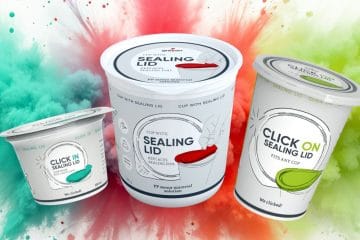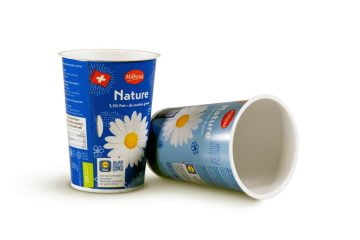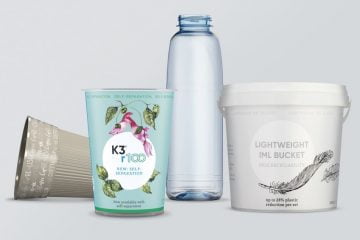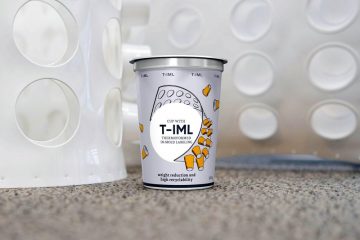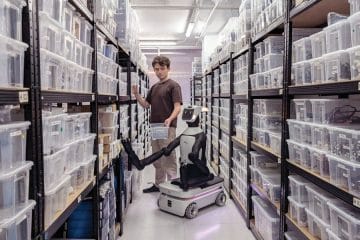Why does Indonesia need education, not just infrastructure, to tackle plastic waste?
Indonesia generates over seven million tons of plastic waste each year, and much of it remains uncontrolled in the environment. Infrastructure alone cannot solve this. Lasting impact requires environmental education that builds habits, shifts daily choices, and sustains long-term behavioral change.
The app SampApp: learn, play, take action
It’s not enough to install new bins or pass stricter laws. If people don’t understand why waste separation matters, nothing will change. This is where the greatest potential lies: education. And not just any education – but one that is easy to understand, practical, and entertaining. That’s the only way to reach people and keep them engaged over time.
SampApp, a play on the Indonesian word sampah (waste) and app, was developed by the NGO Veritas Edukasi Lingkungan (VEL). The application explains the life cycle of plastic from production and consumption to disposal. It combines environmental education with game-based elements, making complex topics like plastic production, waste sorting, and pollution understandable. The modular, interactive learning concept begins with short explainer videos, followed by quizzes and missions to reinforce the material. Users earn experience points, coins, and digital rewards. Those who complete all content receive a certificate as a “SampAssador” and become ambassadors for sustainable consumption.
In addition to its educational content, the app focuses on community building: users can form groups, participate in challenges, and compete on leaderboards. This creates a sense of shared purpose, turning sustainability into a collective experience. The app is free to download, compatible with older smartphones, and therefore accessible to broad segments of the population, which is crucial in a country with significant social inequality.
Education that reaches people

Since the app’s relaunch in April 2025 and the start of the partnership with Greiner Packaging, user numbers have grown significantly: nearly 12,000 people have used the app so far, with around 3,000 completing all learning modules and becoming certified SampAssadors. The project is also gaining visibility on social media: over 20 so-called “sustainfluencers” on Instagram and TikTok have already recommended the app to their communities.
VEL relies on more than digital channels: a team of community officers brings SampApp directly to schools, villages, and religious communities, organizing events and workshops that make environmental education come alive on the ground.
What’s next: school challenge and new features
In September 2025, a nationwide school challenge will launch, integrating SampApp into classrooms and rewarding schools for active participation. At the same time, a plastic footprint calculator is in development, helping users track and reduce their plastic consumption. Both initiatives aim to increase SampApp’s reach and impact, embedding sustainable behavior in everyday life.
With this partnership, Greiner Packaging is sending a strong message: anyone serious about circular economy must start with education – and the best way to do that is with innovative, digital tools that are engaging, fun, and bring people together.



